The European Union Donates a Mobile Radiochemical Laboratory to the Directorate of Central Laboratories at Al- Tuwaitha Site to Support the Laboratory Analysis of All Samples from the Various Ancient Iraqi Nuclear Radiological Sites.
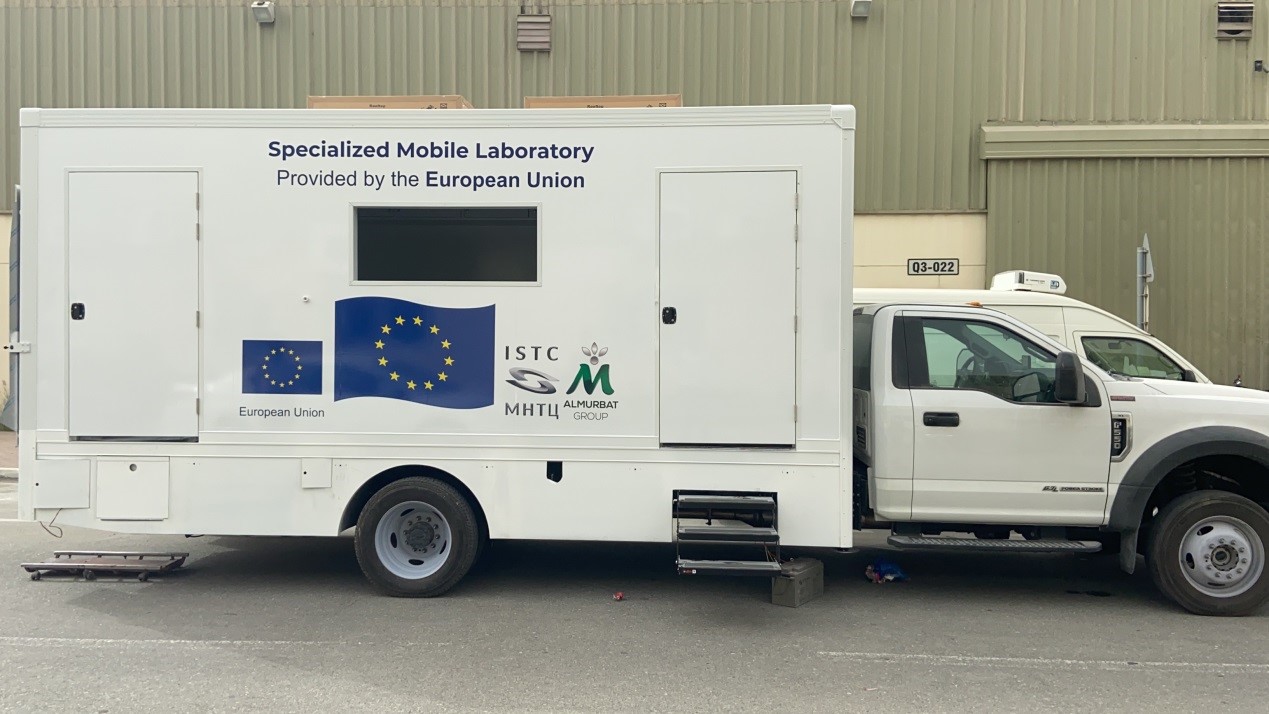
Today 14/March/2022, the Deputy Head of the Mission/Head of Political Section of Delegation of the European Union to Baghdad, Mrs. Agne Gleveckaite, handed over to Iraqi Atomic Energy Commission/Central Laboratories Directorate, a fully equipped mobile radiochemical laboratory.
This specialized laboratory can be used at nuclear sites in all regions of the Republic of Iraq; it provides its staff with the necessary analytical tools for sampling and characterizing radioactive materials, and helps ensure radiation protection during this work.
The laboratory was provided within the framework of the European Union project aimed at enhancing Iraq's capacity to remove radiological hazards from its nuclear sites, and will be used by (MoST) the Iraqi Ministry of Higher Education and Science and Technology/Central Laboratories Directorate as the main approved analytical center in the country.
The Deputy Head of the Mission/Head of Political Section of Delegation of the European Union to Baghdad, Mrs. Agne Gleveckaite, stated that “the mobile laboratory that was delivered today to the Iraqi Atomic Energy Authority/Central Laboratories Directorate is a tool to support the citizens of Iraq in making peace and restoring the environment in line with UN Sustainable Development Goals 15 and 16. It is therefore another sign of the commitment of the European Union continuing to strengthen the partnership with Iraq.
The project has also provided the Ministry of Higher Education and Science and Technology with the latest analytical equipment for its stationary radiochemical laboratory located in the Central Laboratories Directorate at the Al- Tuwaitha Nuclear Research Center. This high-tech equipment will support characterization of radioactive waste, environmental monitoring and personnel monitoring, as part of the Iraqi Nuclear Site Decommissioning Program. Given its expanded capabilities, the laboratory will facilitate the characterization of radioactive waste materials prior to treatment, long-term storage and final disposal, in line with international best practices, Iraqi regulations and IAEA recommendations. It will also provide the ability to determine the compliance of the characteristics of radioactive waste with acceptance criteria for its storage and disposal. Furthermore, the laboratory will ensure the systematic unity of characterization and classification of all radioactive waste in Iraq.
This project, with a total cost of more than 3.15 million Euros, was agreed with Iraq in 2016 and is scheduled to be completed by May 2022. It was supervised by the International Science and Technology Center (ISTC) and implemented by the specialized Iraqi firm Al-Murbat. The project outputs will support the solution of current problems as well as future needs in the Iraqi Decommissioning Program (IDP). It will also support research activities in the development of new techniques for laboratory analysis for radioactive waste management, radiation and nuclear safety strategies.
The Mobile radiochemical laboratory was handed over to the Iraqi Atomic Energy Commission/Central Laboratories Directorate during a ceremony held at Al-Rasheed Hotel, Baghdad, on 14 March 2022,in the presence of a number of Iraqi officials and representatives of the Iraqi Atomic Energy Commission.
Background:
After the Chernobyl accident in 1986, the European Union launched the Nuclear Safety Programme within the framework of technical assistance to the Commonwealth of Independent States, which, between 1991 and 2006, allocated about 1.2 billion Euros to nuclear safety and security projects. From 2007 to 2013, the European Union extended its support in the field of nuclear safety to third countries under the Nuclear Safety Cooperation Instrument, with a total budget of €524 million. In June 2014, a strategy for the implementation of the second phase of the Nuclear Safety Cooperation Instrument (2014 to 2020) was agreed, with an additional €325 million allocated to nuclear safety projects. Then, in May 2021, a new program of 300 million Euros was approved for the period between 2021 and 2027.
Iraq had a major nuclear program in the past.
However, all of the nuclear facilities and sites were destroyed in 1991. The Iraq Nuclear Decommissioning Project (IDP) began in 2006 following a request submitted by the Government of Iraq to the International Atomic Energy Agency in December 2004, with the aim of assisting Iraq in planning and decommissioning the facilities nuclear affected areas, management of the generated radioactive waste, treatment of contaminated sites, as well as formulation of the relevant legal and regulatory framework. In 2009, the European Union launched a coordinated effort to contribute to this programme.
Implementation partners:
The International Science and Technology Center (ISTC) is an intergovernmental organization that connects scientists to their peers with research organizations in other countries. The headquarters of the International Science and Technology Center is located in Nur-Sultan, Kazakhstan. The Center's current member governments include: Armenia, the European Union, Georgia, Japan, Kazakhstan, the Republic of Korea, Kyrgyzstan, Norway, Tajikistan and the United States. Scientists from about 100 countries have participated in the activities of the International Center for Science and Technology. The ISTC during ceremony at Al-Rasheed Hotel was presented by Executive Director Mr. David Cleave via remotely connection (by Zoom).
Al-Murbat Company, as a specialized Iraqi scientific company, established in 2006 with an Iraqi team, has executed more than 3000 projects in Iraq and the Middle East region in the field of nuclear instrumentation and radiation protection.
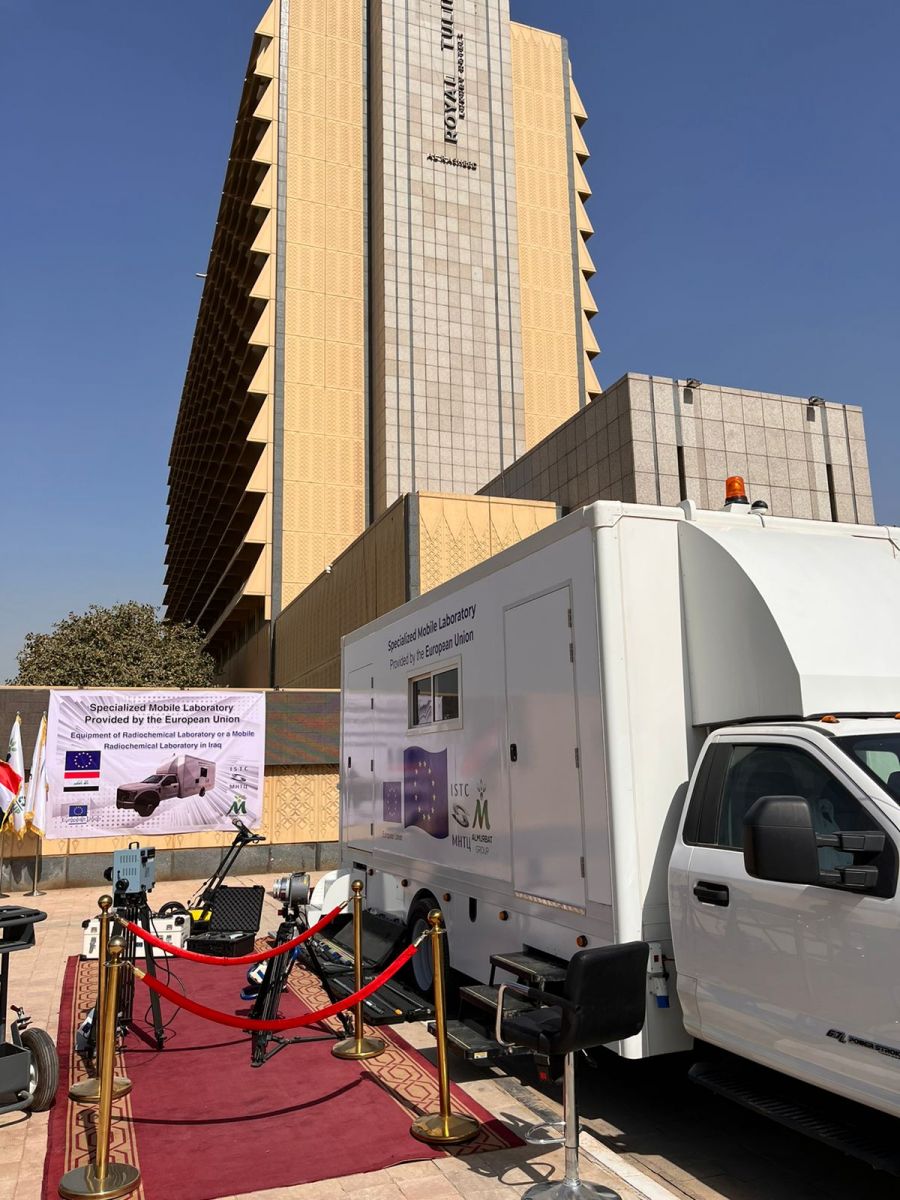
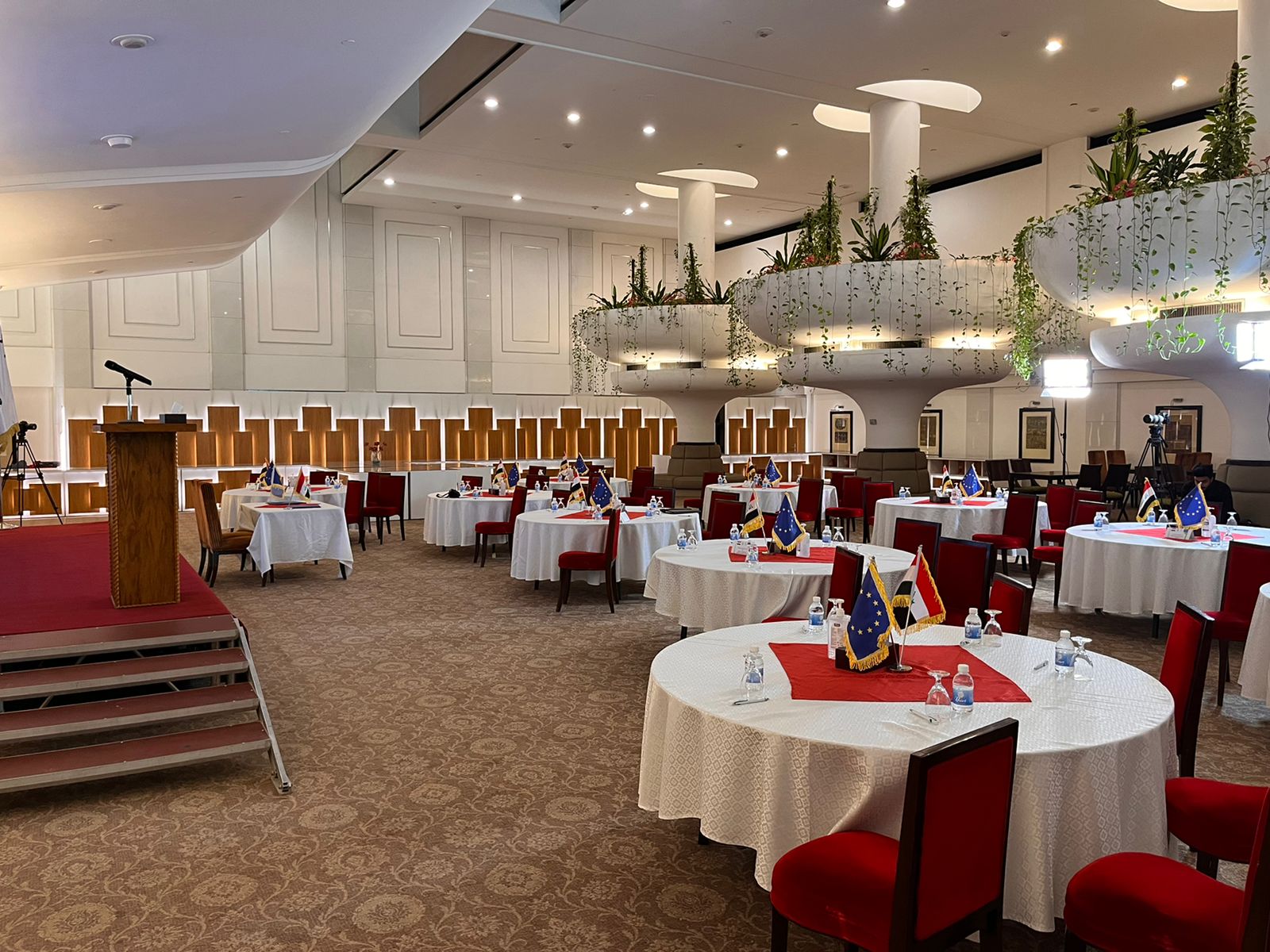
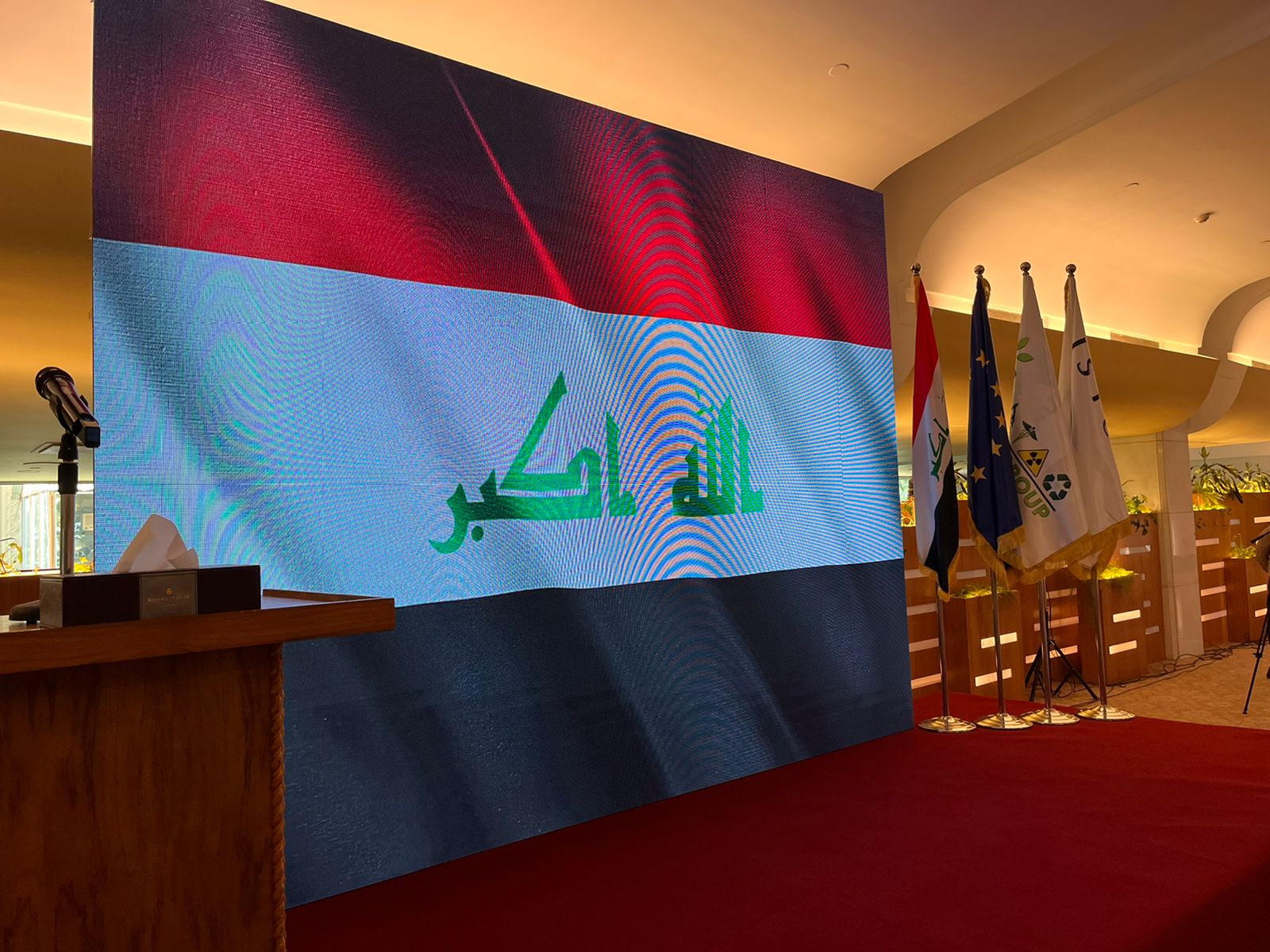
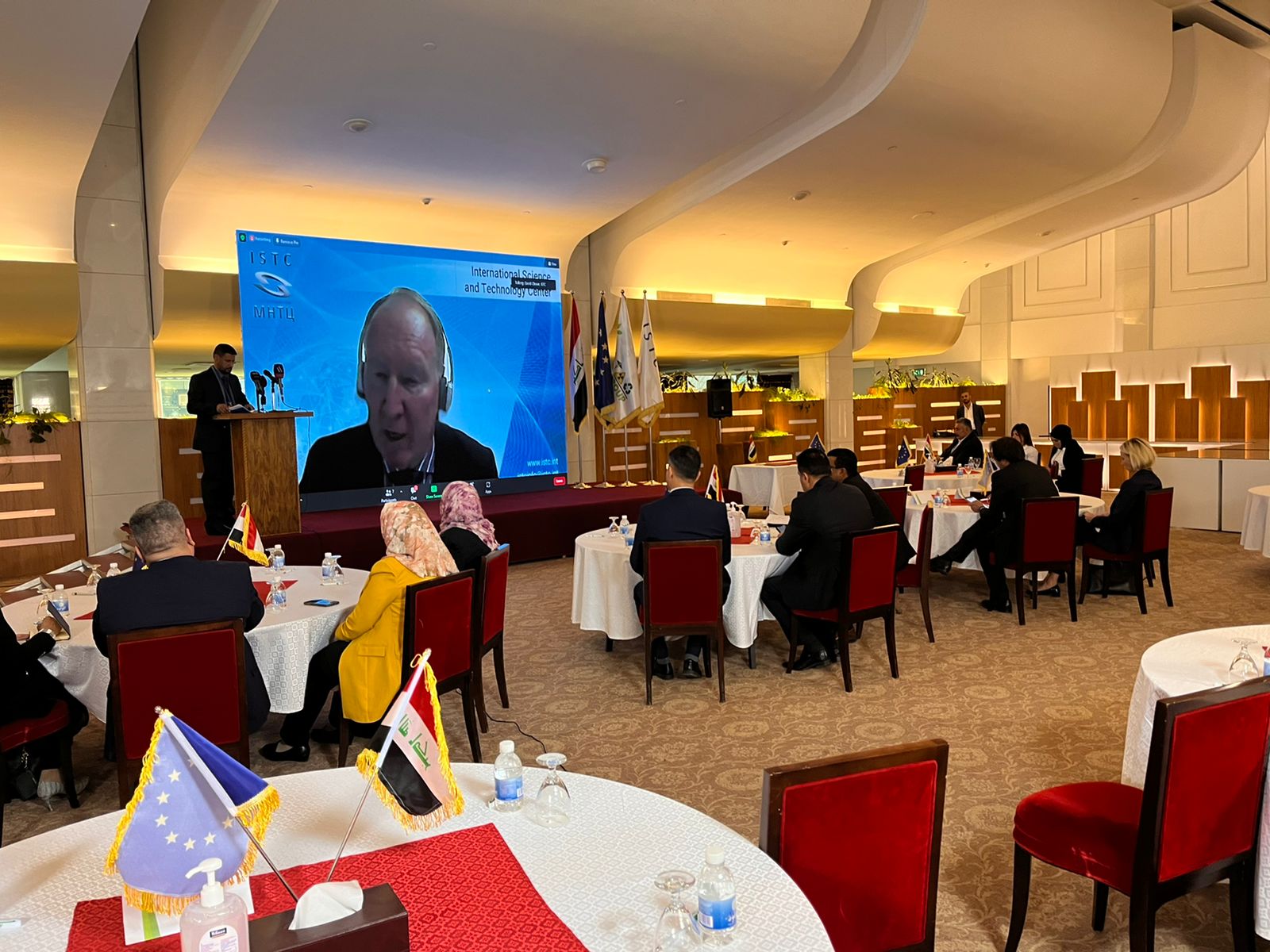
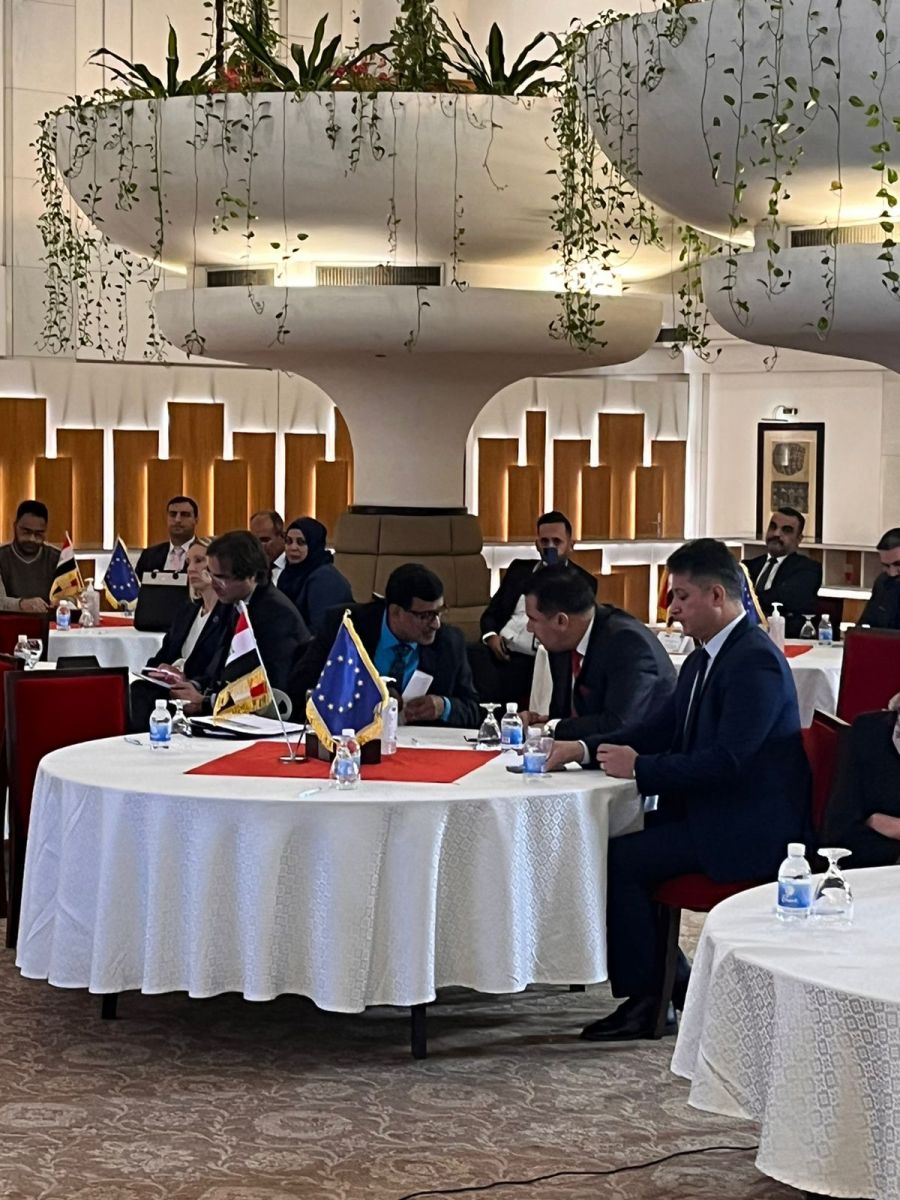
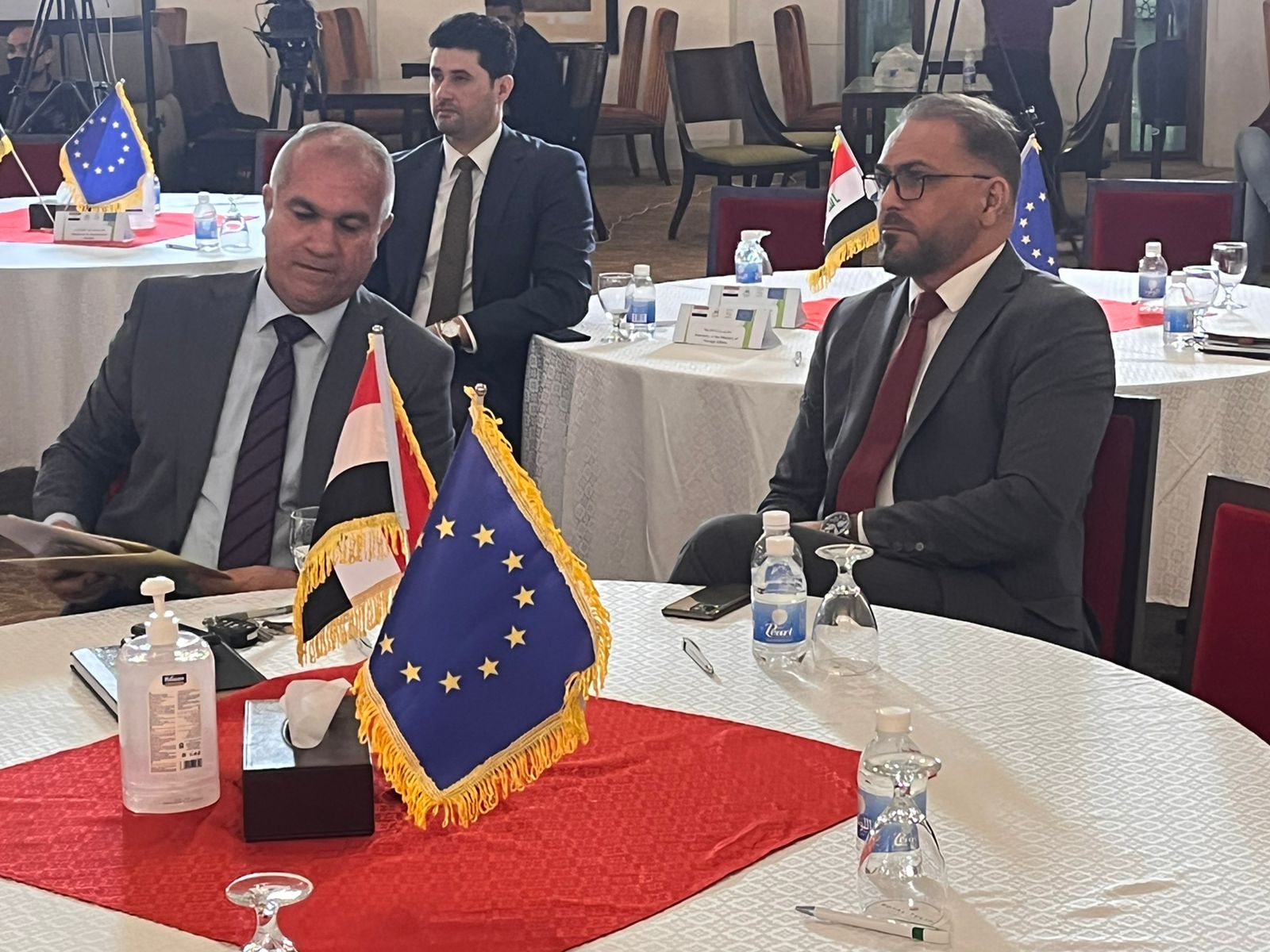
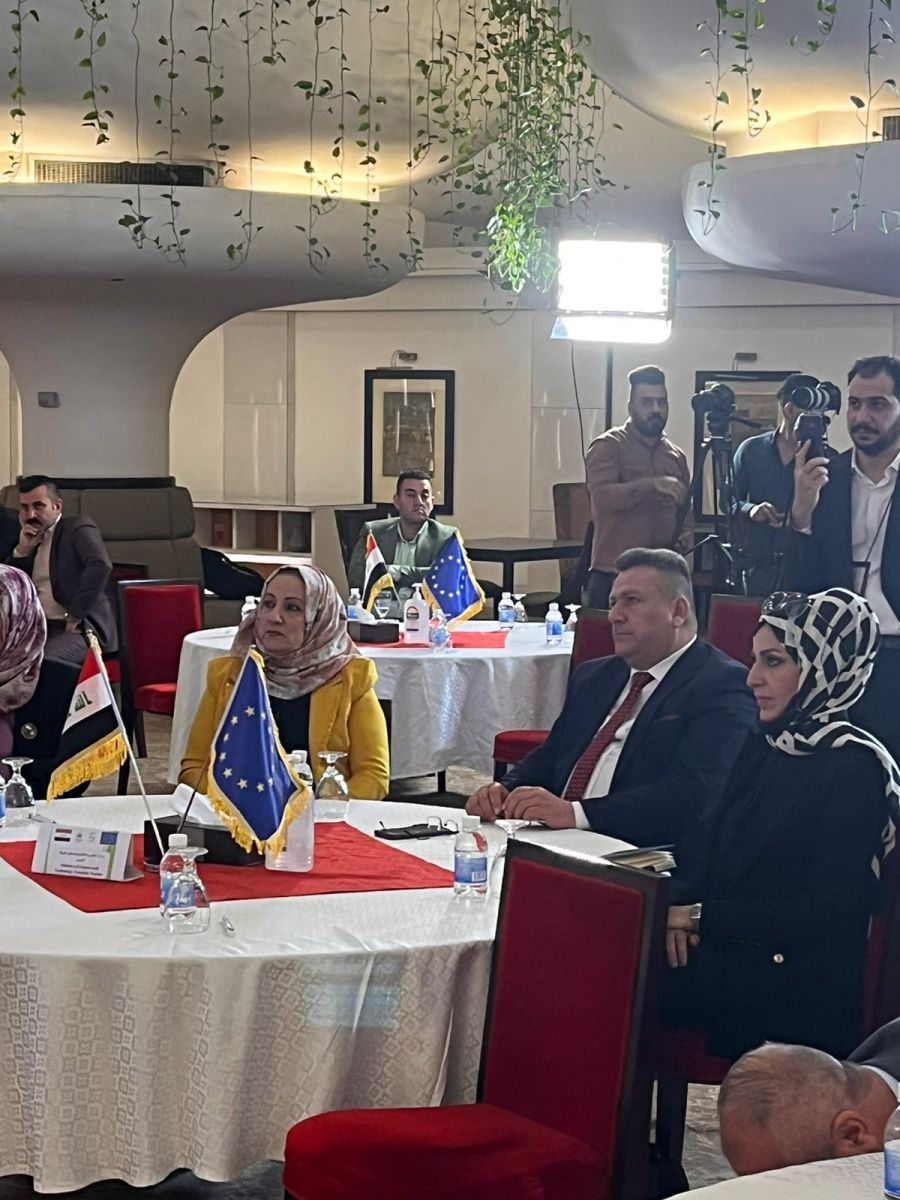
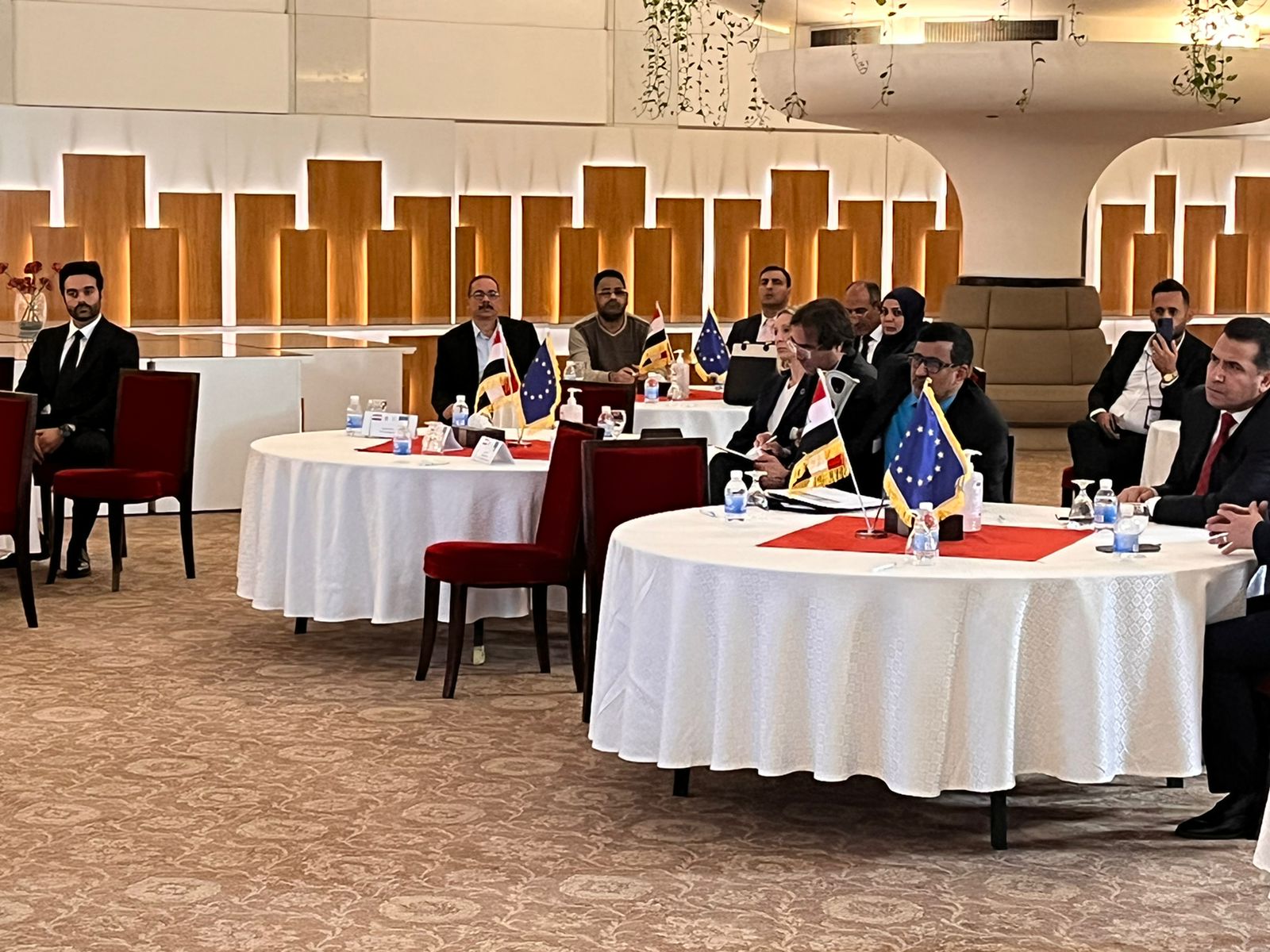
.jpeg)
.jpeg)
.jpeg)
.jpeg)
.jpeg)
.jpeg)
.jpeg)
.jpeg)

